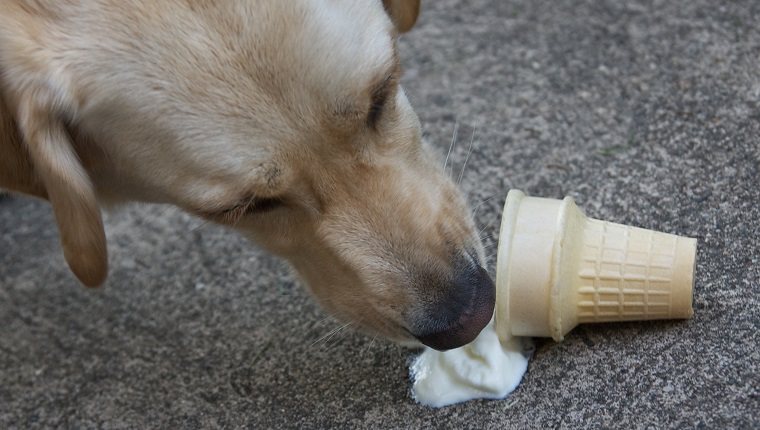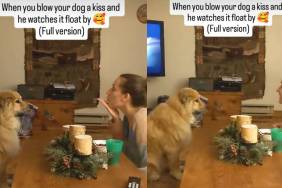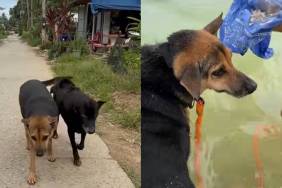Can dogs eat vanilla? We use vanilla as an ingredient in such a wide variety of food items, it can be difficult to keep track of what has it and what doesn’t. But what about when it comes to our dogs? Is vanilla safe for them?
Technically, the short answer is yes, but with minimal nutritional content and high risk, we don’t recommend vanilla as a purposeful addition to a canine diet. You might notice that some dog treats include it in their ingredients, but there’s a very specific kind of vanilla used for a high-risk reason.
Don’t take our word for it, though. If you want to include vanilla in your dog’s diet, you must have a discussion with your veterinarian about the addition. They’ll have the straight facts for you, with your dog’s welfare in mind. In the meantime, here’s what you should know about why vanilla isn’t a good option for dogs.
Why Is Vanilla Bad For Dogs?
Vanilla is a complicated subject in terms of canine consumption. Really, it all comes down to what form of vanilla we’re talking about. But regardless of form, the nutritional value still is pretty minimal.
Pure vanilla, and its pods, are technically safe. But there’s virtually no reason to give it to your dog. Its nutritional value is nominal and it’s quite expensive. All in all, it’s just not worth including.
For the most part, the vanilla that we all regularly interact with is extracts of vanilla. This is the liquid we find in that little tiny bottle, which we often add to desserts, yogurt bowls, etc.
Vanilla extracts are made using high levels of alcohol, which can cause alcohol toxicity in dogs.
Many foods which contain vanilla extracts should also be avoided, but it’s really a case-by-case scenario. In general, these foods should be judged by their overall composition, but most contain far too much sugar, or the toxic artificial sweetener xylitol, to be healthy for dogs to eat.
What Should I Do If My Dog Eats Vanilla?

Really, this is going to depend on how they consume it.
If your dog eats a bit of a baked good that contains vanilla, it’s probably no cause for concern. You’d just want to keep an eye on them for stomach upset. However, if they were to chew up a small bottle of vanilla extract, you’d want to give your veterinarian a call for guidance.
Alcohol toxicity can occur in this case. Your dog’s liver and its processes are not designed for alcohol consumption, whatsoever. Even a small amount of ethanol can create an instance of alcohol poisoning. Symptoms and signs to look out for include:
- Dehydration
- Dizzyness/Disorientation
- Diarrhea
- Hypersalivation
- Loss of Consciousness
- Seizures
You may see vanilla as a listed ingredient in some dog treats, but typically these are always made with an alcohol-free version of vanilla that substitutes vegetable glycerin. Technically, this is safe for dogs to consume.
Have you had any negative experiences with vanilla and your dog? Do you feed your dog treats flavored with alcohol-free vanilla extract? Let us know in the comments below.









